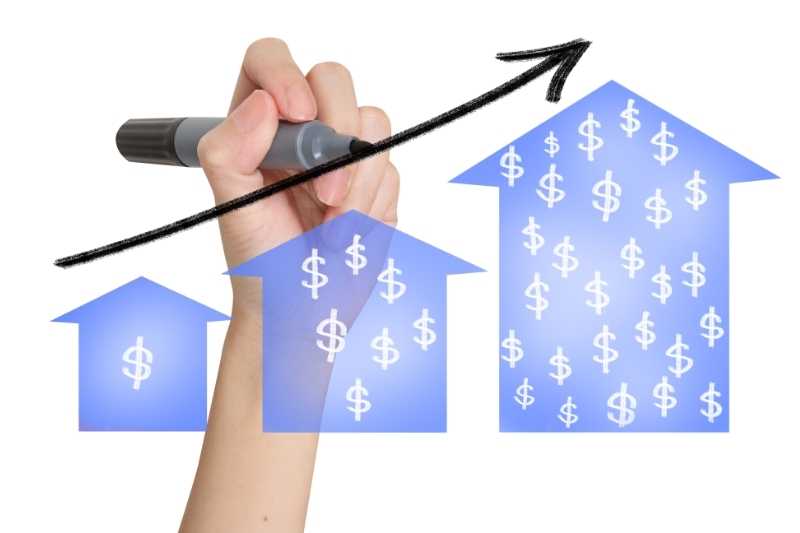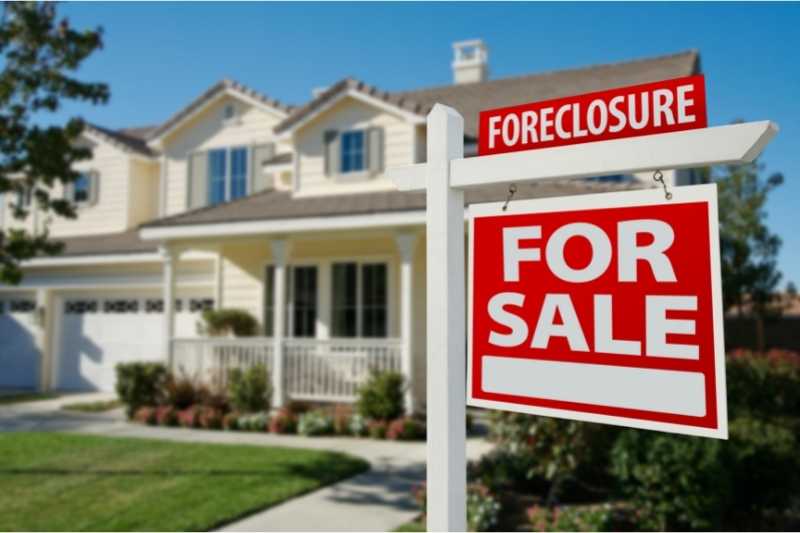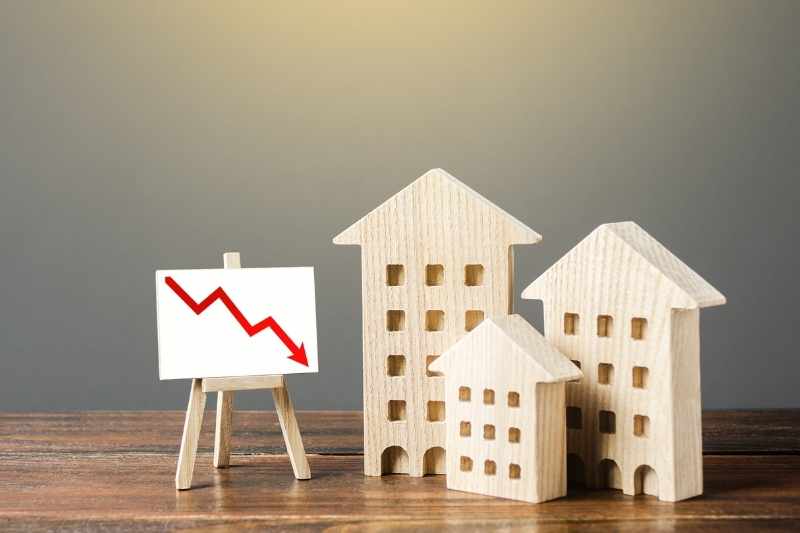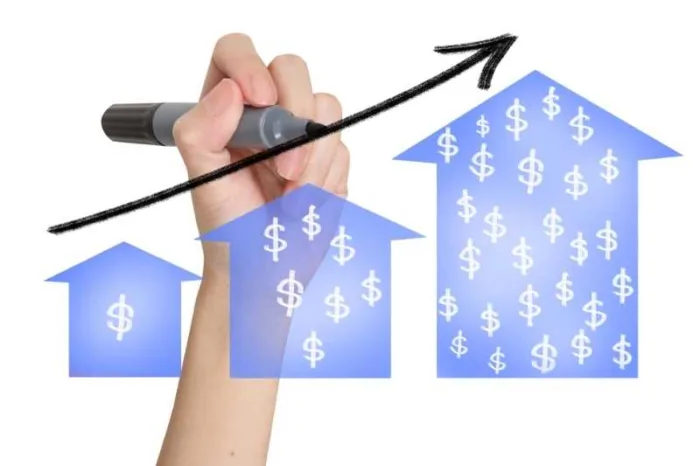
Being a successful real estate developer requires knowledge of industry-specific terms and trends. After all, real estate development is constantly changing. The addition of new technologies, changing economic patterns, and new housing legislation all affect the market.
Overall, real estate follows a pattern called the real estate cycle that represents local and national economic trends. So, you must study the real estate cycle history to prepare for the future.
In this guide, we explore what a real estate cycle is and why it matters. Next, we go over what affects the real estate cycle. Finally, we define the four cycles of real estate and explore how you can best navigate them.
This post covers:
- Real estate cycles: What are they?
- Why is it important to know the real estate cycle?
- What affects the real estate cycle?
- What are the 4 phases of the real estate cycle?
Real estate cycles: What are they?
The real estate cycle, also called the property market cycle, is a pattern that represents the economic changes within the housing industry. It’s split into four economic phases, which directly indicate market health. As such, we are always in one of the four phases.
Many real estate developers make major business moves depending on which phase of the real estate cycle we’re in. Additionally, real estate developers look toward the next cycle to inform their decisions.
How long do housing cycles last?
It’s not easy to calculate the number of years in a real estate cycle. Financial analysts often claim that the next big economic change — such as a recession — is on the way. However, these predictions are never a guarantee, and there’s no way to be sure when exactly a new phase of the housing market cycle will begin. Furthermore, all real estate cycles vary in length.
What is the great 18-year real estate cycle?
The great 18-year real estate cycle is a theory, popularized in 1953 by British economist Fred Harrison. He asserted that housing prices fluctuate in a repeating pattern. The theory is nearly identical to the real estate cycle that developers follow today.
In his theory, Harrison highlighted two specific incidents where cycles repeated after 18 years. And while there is some indication that cycles typically last 18 years, it’s not a hard and fast rule.

Why is it important to know the real estate cycle?
The real estate cycle of the 2020s and beyond will closely mimic the real estate life cycles of past decades.
Studying the real estate cycle helps you:
- Prepare for upcoming industry trends depending on which phase of the cycle you’re in.
- Make timely investments.
- Decide whether to hold onto a property or sell it.
- Calculate the performance of your properties.
What affects the real estate cycle?
In order to move from one phase of the real estate cycle to the next, there needs to be a catalyst. The phases of a real estate cycle are changed by any number of events.
Most recently, the COVID-19 pandemic was a big, singular influence on the market. However, there are usually a variety of smaller factors at play.
Factors that can affect the real estate market cycle include:
- Global crises. From wars to natural disasters, there are a lot more than just pandemics than can affect the real estate market. Typically, they do this by disrupting the global supply chain.
- Economic health. The unemployment rate can be a massive factor in the real estate market. If the economy is doing well and people have a lot of disposable income, the market will prosper.
- Population age. The disparity between the young and the old in the population can have a massive effect on the real estate market. This is due to the diverse housing demands that people of different ages require.
- Insurance rates. Low interest rates often equate to more buyers. Conversely, a high-interest rate indicates fewer buyers.
What are the 4 phases of the real estate cycle?
The real estate life cycle follows four phases that we’ve cycled through many times throughout history.
Remember, while these phases are in a numbered list, they’re a part of a constantly spinning cycle. So, despite its place at the start of the cycle, the recovery phase is considered the bottom. This is because after the recession phase, the market itself is considered to be at its lowest.
Let’s take a look at the four cycles of real estate:
1. Recovery
The recovery phase begins when the real estate market is at its most devastated and continues while it gets better. The recovery phase is a gradual one and often takes the longest out of the four cycles.
What should developers do during the recovery phase?
During the recovery phase, many properties will be available for purchase at below market value. So, with the right renovation strategy, these properties can be sold or rented for a hefty profit during the next phase: expansion.
But remember, knowing the right time to buy during the recovery phase is key. Your ROI could be negatively affected if you buy too early during the recovery phase.
Learn about the 4 stages of the real estate cycle:
2. Expansion
The expansion phase is when the real estate market can finally be considered healthy. Some signals to look for include increased housing demand and surging numbers of renters looking to find available spaces. As a result, this is when real estate development is most active and lucrative.
What should developers do during the expansion phase?
If you paid attention during the recovery phase, now is the time to sell your acquired properties for above market value. This is also when real estate developers should be actively purchasing and developing properties. From construction to renovation, the recovery phase is when you should pay close attention to market trends and invest as you see fit.
3. Hyper supply
Hyper supply occurs when the real estate market has more properties and vacant rental units than there are buyers. Most recently, this occurred during the 2020 pandemic. Buyers had their choice of the housing market, and vacancies were extremely common. Hyper supply is often caused by too much property development and expansion.
What should developers do during the hyper supply phase?
While it’s common for many investors to feel intimidated by increasing vacancies and sell off their properties at the first opportunity, this isn’t sound logic. Instead, we recommend that investors and developers hold onto their properties during hyper supply.
In fact, this is the biggest benefit of knowing the real estate cycle. Hyper supply isn’t a mysterious event. You know it’s followed by a recession, which in return is followed by recovery and then expansion again. So, hold onto your properties that you consider solid investments and wait until you can maximize profits when you sell them.

4. Recession
The recession marks the end of the current market’s high. Supply overwhelmingly exceeds demand, and very few people purchase properties. Rent for some properties is lowered to attract new residents. For many in the real estate industry, a recession is a time of panic. But because you know the real estate cycle, you should be confident that recovery will eventually come.
The most recent recession occurred as a result of the pandemic.
The exact start of the next recession is always pure speculation. In fact, we won’t quite know when it will occur until it has already started. The many moving parts of the economy that affect our country to different degrees are partly to blame.
What should developers do during the recession phase?
Developers, investors, and real estate syndications have two options.
The first is to maximize ROI and save up as much income as possible for that key moment during the recovery when they should scoop up below-market properties.
The second is to get an early start on buying properties below market value. If you have enough capital to renovate and maintain them until the next expansion phase, then you may see a massive profit.
Takeaways
- The real estate cycle consists of four economic phases that our country regularly goes through every several years.
- The four phases of the real estate cycle are recovery, expansion, hyper supply, and recession.
- Real estate cycles are influenced by global crises, population disparity, interest rates, and overall economic health.
- The benefits of knowing the real estate cycle include knowing when to make investments and how to accurately calculate a potential ROI.






